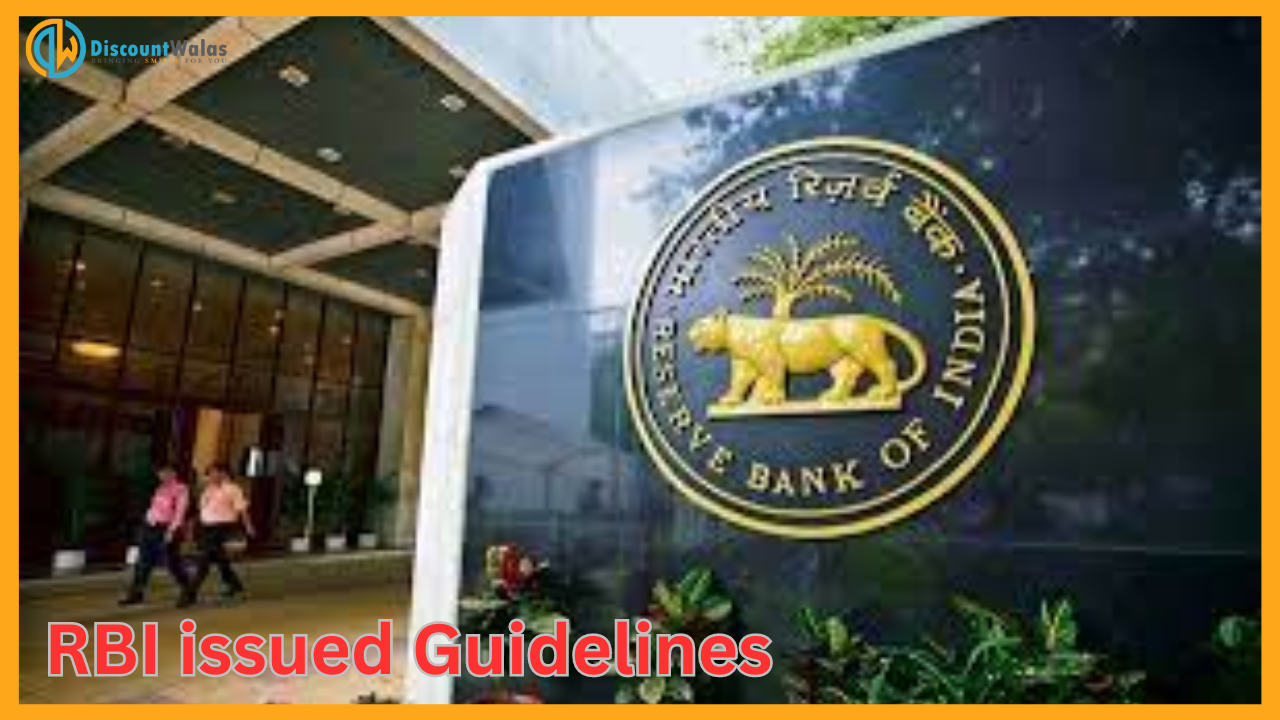
RBI – People take loans but sometimes are not able to pay the EMI due to poor financial conditions. People often have a question that what action can the bank take if the loan taken from the bank is not repaid. Regarding this, the Reserve Bank has given some rights to those who do not pay the loan, which will be useful to them in case of not paying the loan. Let us know below what things RBI has mentioned in its guidelines.
Loan Default: Reserve Bank of India (RBI) has informed about the risks related to retail loans. In this regard, the CIBIL report of Credit Information Bureau (India) Limited shows that the cases of non-repayment of loans in personal loans and credit cards are continuously increasing.
Loan Default: Reserve Bank of India (RBI) has informed about the risks related to retail loans. In this regard, the CIBIL report of Credit Information Bureau (India) Limited shows that the cases of non-repayment of loans in personal loans and credit cards are continuously increasing.
Loan defaulters can do this work
Defaulters will definitely get some relief from the guidelines of the Reserve Bank (RBI). They allow defaulters to repay their loan in smaller payments. So that they can make a fresh start again at the financial level. Also you can manage your loan. Suppose if you have a loan of Rs 10 lakh and you are not able to repay it, then you can restructure it. You will have to make a payment of Rs 5 lakh and the remaining money will have to be paid in small installments. Due to which your debt will be managed.
Your credit health is affected
Loan default also affects your CIBIL score. If your CIBIL score is bad then you will not get the loan and even if you get it, you will have to pay very high interest. For example, a CIBIL score of 750 is considered good. If it is less than Rs 600 then you are put in risk category and you get loan at higher interest. Most of the banks offer credit score loans and interest based on your CIBIL score.
Do these things in case of loan default
Assess your situation correctly.
First talk to the place from where you have taken the loan and ask for restructuring of your loan.
Calculate your financial status.
Loan payment should be your first priority so that your credit score does not get damaged.
These are the legal rights of defaulters
In India, the legal rights of defaulters are protected in law. Recently the Reserve Bank of India (RBI) has asked banks and finance companies to differentiate between those who commit deliberate defaults and those who compromise to settle loans. Those who compromise can apply for the loan again after 12 months.
Banks will have to adopt correct procedure
According to the guidelines of RBI, it is necessary for the lending banks and financial institutions to follow the correct procedure to recover their loan. In case of secured loans, they have the right to legally seize the mortgaged asset. However, banks cannot do this without giving notice. The Securitization and Reconstruction of Financial Assets and Enforcement of Security Interest Act empowers lenders to seize mortgage assets.
Right to notice
Defaulting on the loan does not take away your rights nor does it make you a criminal. Banks have to follow a prescribed process and give you time to repay the loan before taking possession of your property to recover your dues. Banks often take such action under the Securitization and Reconstruction of Financial Assets and Enforcement of Security Interests (Sarfaesi Act).
You will get this much time after not paying the loan
The loan borrower is declared non-performing asset (NPA) i.e. bad debt when he does not pay the installment (EMI) to the bank for 90 days. In such a case, the lender is required to issue 60 days’ notice to the loan defaulter.
Public notice will have to be issued.
If the borrower fails to make payment within the notice period, the bank can proceed for sale of the asset. However, for the sale of the asset the bank will have to issue a public notice of 30 more days. In this, information about the details of the sale has to be given.
Right to get the right price is the right
to get the right price for the mortgaged asset. Before the sale of the asset, the bank/financial institution has to issue a notice stating the fair value of the asset. It also needs to mention the reserve price, date and time of the auction. Right to receive outstanding money Even if the asset is taken into possession, the auction process should be monitored. The creditor has the right to receive the additional amount left after recovery of the loan. Which will have to be returned to the bank.